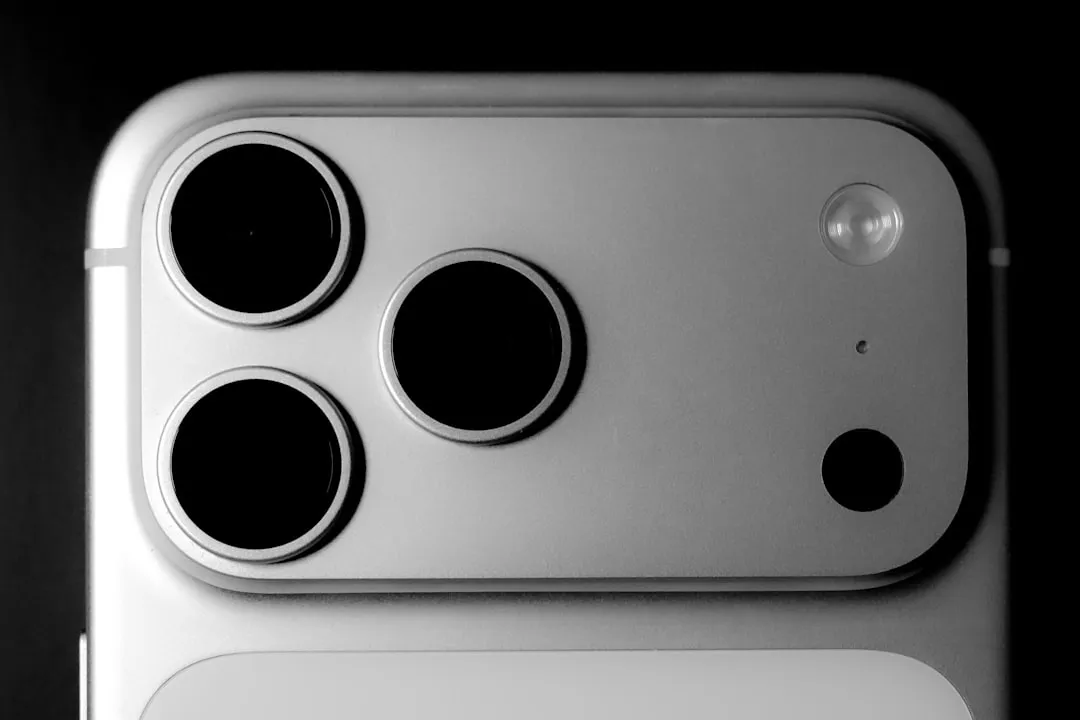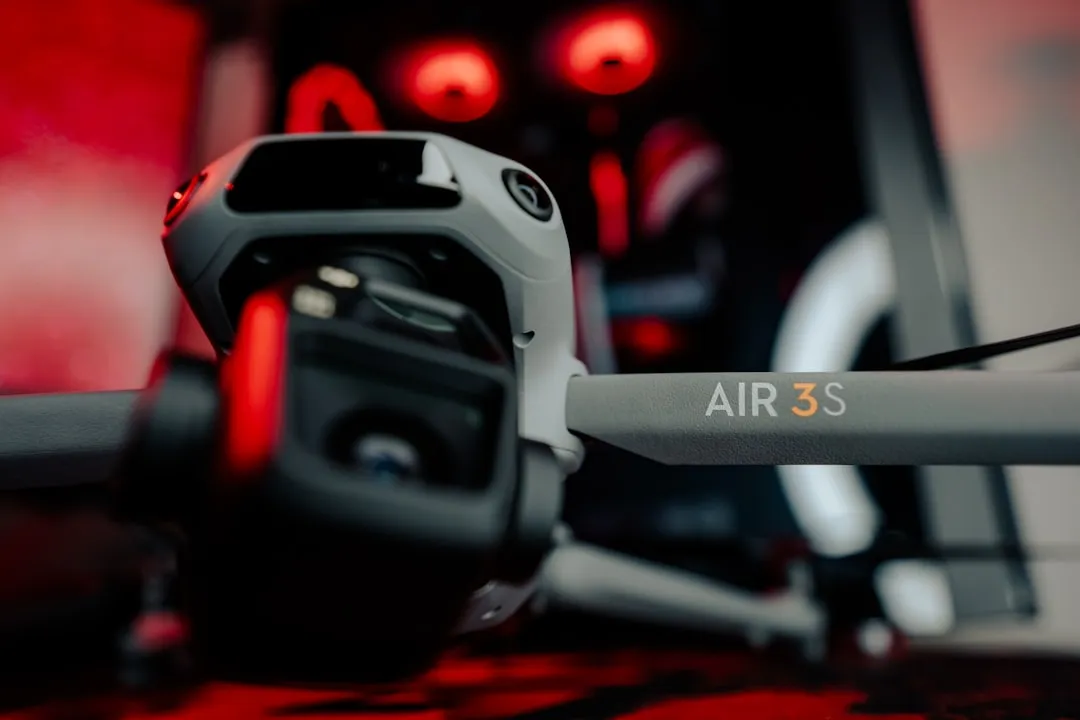The economic impacts of the COVID-19 pandemic have been felt in practically every business sector. Now, as we look back at the top augmented reality investments of 2020, the AR industry has been no exception.
While the overall dollar value of this year's top 10 investments was higher than any year since we began tracking AR funding in 2017, the results are a bit skewed by an astronomical funding round at the top of the 2020 list.
• Don't Miss: Next Reality's 30 People to Watch in Augmented Reality for 2020
After discounting the top funding round of each year, the average funding round in 2020 dropped to nearly $64 million, compared to approximately $100 million in 2019 and 2018. Yes, the adjusted average funding round has dropped year over year since 2017, but the drop between 2019 and 2020 has been much more significant. To further illustrate the investment decline, the number 17 AR investment in 2019 (where we expanded our tracking to the top 25 investments) would have cracked the top 10 in 2020.
The silver lining, though, is that the COVID-19 pandemic has actually boosted investment in the enterprise sector, where remote work solutions are in higher demand than ever. As a result, six of the top ten funding targets for 2020 have a heavy enterprise slant to their business models.
Moreover, augmented reality apps have seen increased adoption, as 3D content platform Marxent reported a 50 percent increase in content usage in the first three months of the pandemic (March through May) compared to the three months prior. Year over year growth has jumped 185 percent as well.
#10 — Mira ($10 Million)
The last we heard from Mira, the company had raised a $1 million funding round to push Prism, a $99 headset poised to apply the Google Cardboard approach to AR. Since then, Mira has also pivoted solely towards enterprise, raising $10 million to pitch Prism to businesses.
#9 — Spatial ($14 Million)
Spatial closed its $14 million on January. 30. A day later the World Health Organization declared the coronavirus outbreak a global health emergency.
#8 — Talespin ($15 Million)
The Los Angeles-based startup closed its $15 million funding round in March after many companies had begun to deploy remote work strategies, but before the nationwide lockdown in response to the COVID-19 pandemic. Talk about perfect timing for a company that creates AR and VR training technology—ideal for the new normal. Talespin is also an early access partner with Magic Leap, so it is in a prime position to capitalize on its pivot to purely enterprise solutions as well.
#7 — Mad Gaze ($19 Million)
The Chinese smartglasses industry has become a market segment unto itself. While Nreal is the most high-profile smartglasses maker with ties to China, Pacific Future, 0glasses, and Shadow Glasses also have their own products. And they all look...very similar. Count Mad Gaze as the rising star nipping at Nreal's heels, with a Series A round of approximately $19 million helping it separate itself from the pack.
#6 — Librestream ($24 Million)
With its Onsight platform, Librestream occupies the same remote assistance software for enterprise segment of the AR industry alongside Atheer, Upskill, Teamviewer, Scope AR, and others. This year, the company upgraded its platform with Connected Expert, using computer vision to integrate IoT sensor data into the platform. The platform, along with the COVID-19 pandemic adding value to remote work technology, helped the Canada-based company close a Series D round of $24 million.
#5 — Nreal ($40 Million)
While Mad Gaze garnered attention from investors, Nreal banked even more. Despite facing production delays in February 2020 due to its proximity to the COVID-19 epicenter, Nreal managed to recover and raise a $40 million Series B funding round in September of 2020.
#4 — Envisics ($50 Million)
WayRay has graced the top AR investments list in 2017 and 2018, but the automotive AR company has been absent the past two years. This leaves the door open for more competition for investment, with Envisics, a spin-off of the now-defunct Daqri, leaping at the opportunity. The company closed a roughly $50 million Series B round in October, with General Motors, Hyundai Mobis, and SAIC Motors among its backers. It's no small coincidence that GM subsidiary Cadillac is planning to deliver an AR heads up display in the 2021 Escalade.
#3 — Mojo Vision ($51 Million)
On the strength of its prototype smart contact lenses, Mojo Vision raised another $51 million. The startup has now raised $159 million to date, including its Series B round of $58 million in 2019 and Series A round of $50 million in 2018. While we haven't seen the experience first-hand, Google's Gradient Ventures are among the notable investors backing Mojo Vision, lending credibility to the technology.
#2 — Magic Leap ($350 Million)
It's been a tumultuous year for Magic Leap. It began with the company signing over its patent portfolio to JP Morgan Chase as loan collateral and snowballed into layoffs, rumors reports of a possible sale, and bottomed out with CEO Rony Abovitz stepping down. However, the company pivoted to enterprise and Peggy Johnson's appointment as CEO appears to be enough to have convinced investors to re-up, as Magic Leap reportedly raised a Series E round of $350 million.
#1 — Epic Games ($1.78 Billion)
Sure, this massive funding round is predicated more on Epic's success with Fortnite and its gaming business. However, Unreal Engine stands alongside Unity among the top 3D engines for creating augmented reality experiences. That's why Adobe, Apple, Facebook, and Snap are eager to provide their own tools in the pursuit of AR creation.
Honorable Mentions: Investors are eager to strike early on potential hits in smartglasses and AR headsets, with Vuzix, Tilt Five, C-Real, Micledi, DigiLens, and Dimension NXG among the beneficiaries. Consumer-focused app makers Fabric and Krikey also generated interest from investors for their respective offerings as well.
Cover image via Mad Gaze/YouTube




























Comments
Be the first, drop a comment!